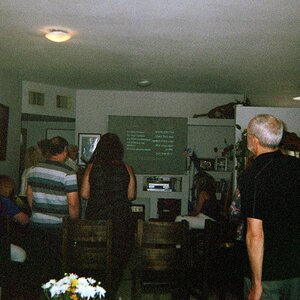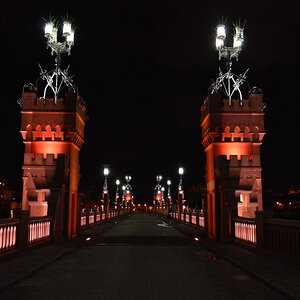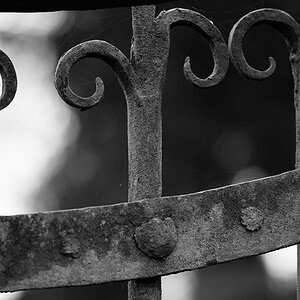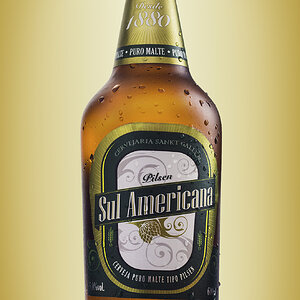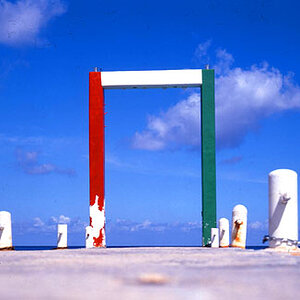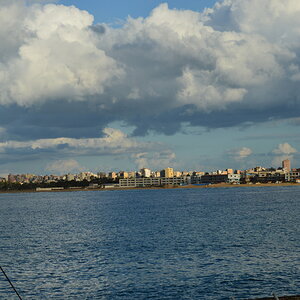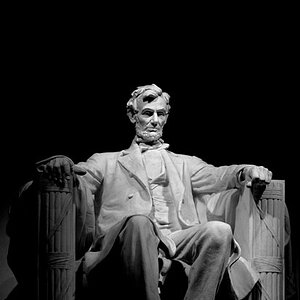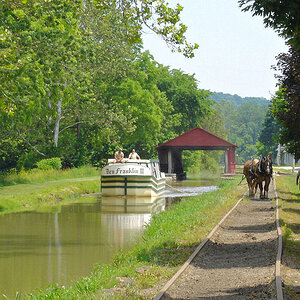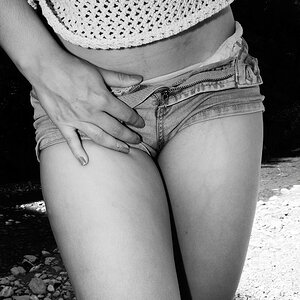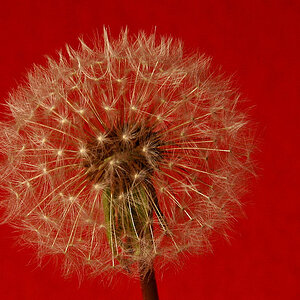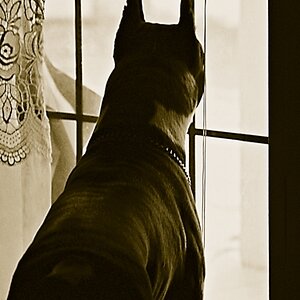Dao
No longer a newbie, moving up!
The Canon T2i can use any EF or EF-S lens from Canon which is pretty much all AF lenses from Canon since 198x.
Remember, the light enter the camera body via the LENS. So no matter how great the camera is, if the image that projected on the sensor is not as so good, the end result is going to be .... not so good.
Remember, the light enter the camera body via the LENS. So no matter how great the camera is, if the image that projected on the sensor is not as so good, the end result is going to be .... not so good.




